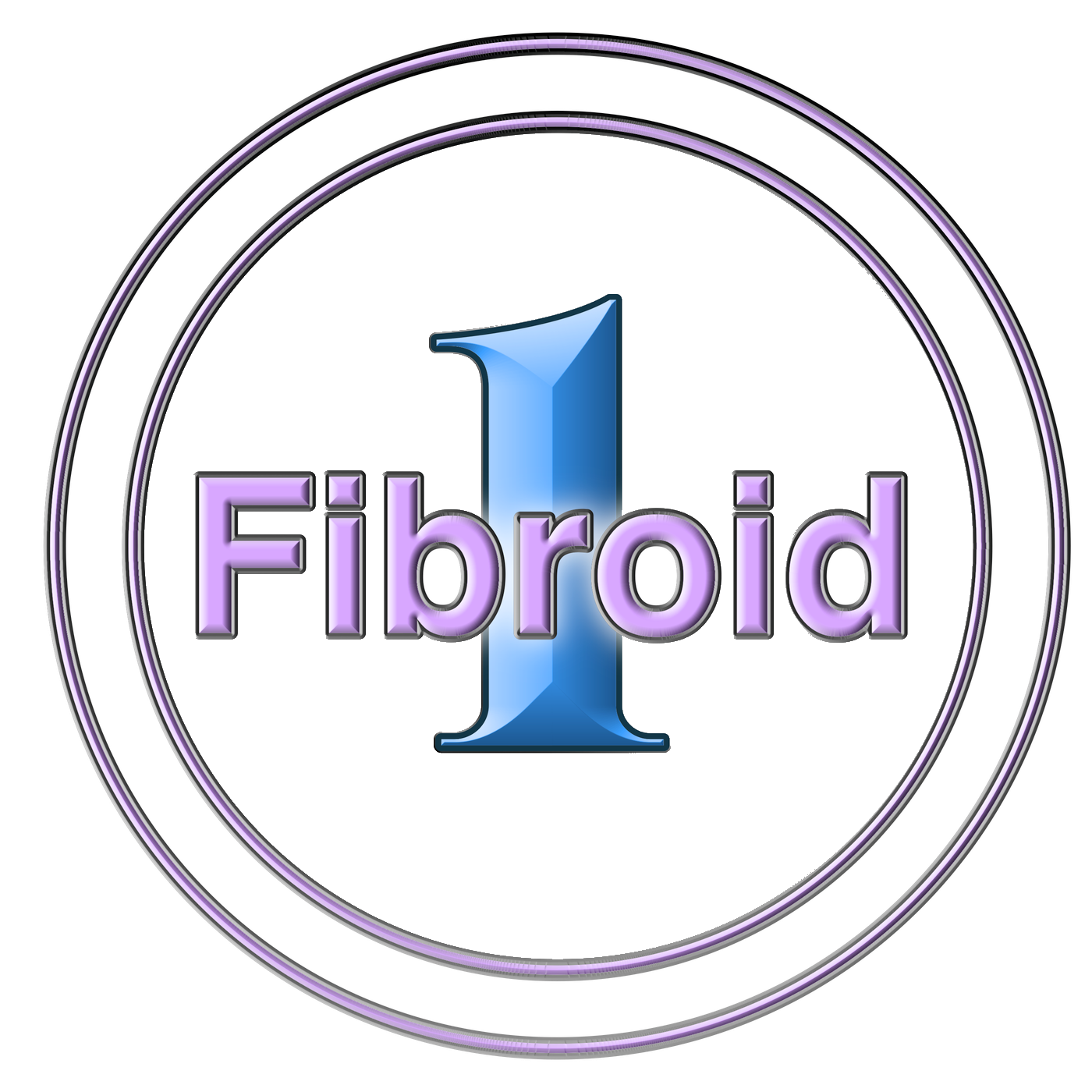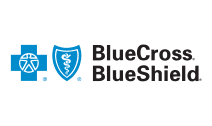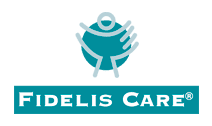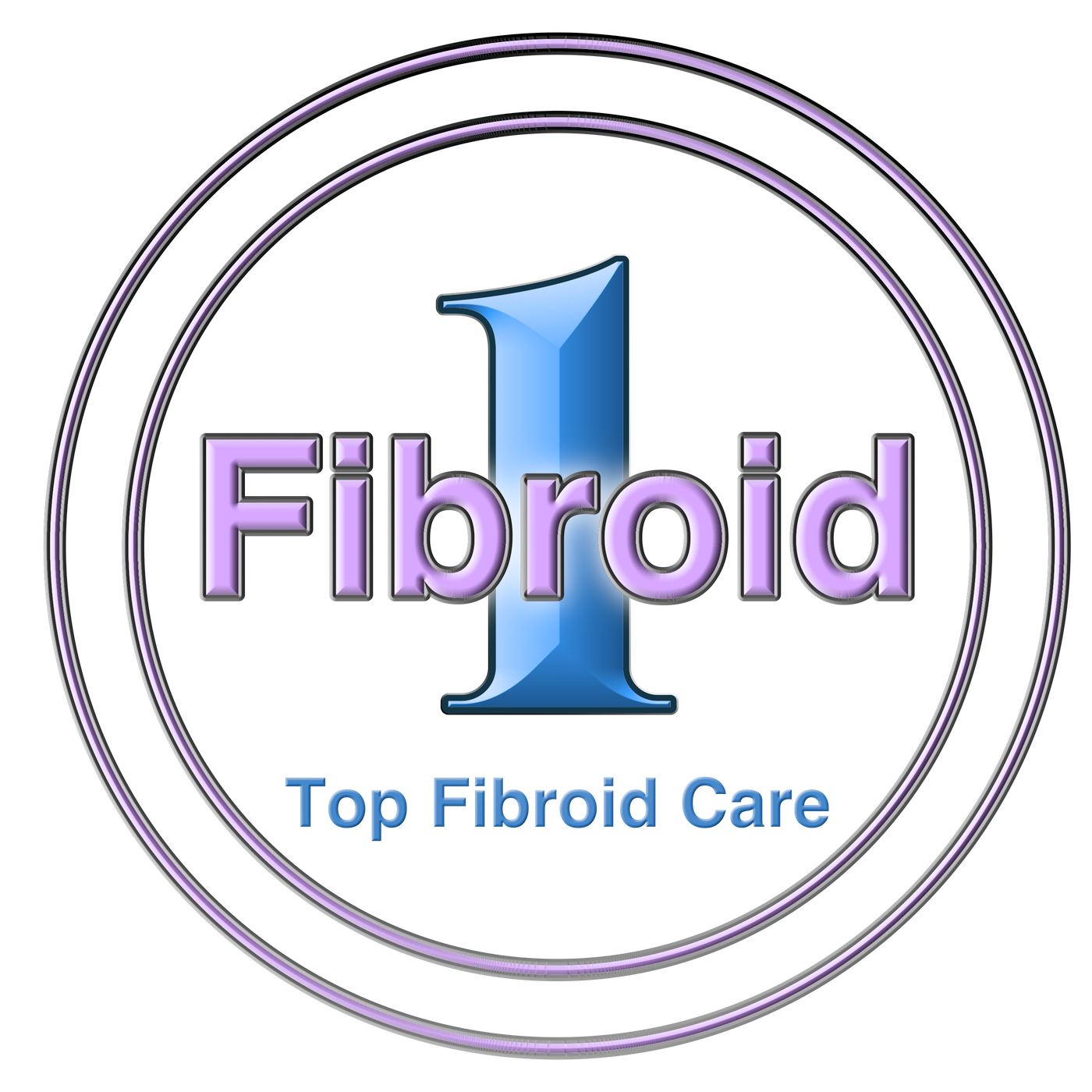Uterine fibroids are a common yet often challenging condition for many women. These non-cancerous growths in the uterus can lead to symptoms such as heavy menstrual bleeding, pelvic pain, bloating, frequent urination, and fertility concerns. While some women experience mild or no symptoms, others may find fibroids significantly impact their quality of life.
Traditionally, treatments for fibroids have ranged from pharmaceutical options to surgical procedures. However, an integrative approach that combines medical treatments with lifestyle modifications, holistic therapies, and mind-body interventions can be an effective way to manage symptoms and improve overall well-being.
If you’re looking for ways to actively manage fibroid symptoms and enhance your quality of life, this blog from 1Fibroid in NY will explore integrative strategies that blend conventional medicine with complementary therapies.
Understanding Uterine Fibroids
Fibroids, also known as leiomyomas or myomas, are benign tumors that develop in the muscular wall of the uterus. Their size and number vary—some women may have just one small fibroid, while others may have multiple large fibroids that significantly alter the uterus’s shape.
While the exact cause of fibroids remains unknown, their growth is influenced by hormones, particularly estrogen and progesterone. This is why fibroids often shrink after menopause when hormone levels decline.
Symptoms of Fibroids May Include:
- Heavy or prolonged menstrual periods
- Pelvic pain or pressure
- Bloating or a visibly enlarged abdomen
- Frequent urination or difficulty emptying the bladder
- Constipation or bowel discomfort
- Painful intercourse (dyspareunia)
- Lower back or leg pain
Every woman’s experience with fibroids is unique, which is why integrative care offers a personalized approach to symptom management.
1. Medical and Pharmaceutical Treatments
Before exploring integrative therapies, it’s important to understand the medical options available for managing fibroid symptoms.
A. Pharmaceutical Treatments
Pharmaceutical treatments focus on symptom relief rather than fibroid removal.
- Nonsteroidal Anti-Inflammatory Drugs (NSAIDs): Medications like ibuprofen or naproxen can help reduce pain and inflammation.
- Tranexamic Acid (TXA): This medication reduces heavy menstrual bleeding by promoting blood clotting. It is taken only during menstruation.
- Iron Supplements: Many women with fibroids develop anemia due to excessive blood loss. Iron supplementation helps restore red blood cell levels and energy.
B. Hormone Therapy
Hormonal treatments help regulate estrogen and progesterone levels to slow fibroid growth and manage symptoms.
- Birth Control Methods (Pills, Ring, Patch, IUDs): Regulates menstrual cycles and reduces heavy bleeding.
- Progestin Therapy (Depo-Provera Injections): Can reduce menstrual flow and pelvic pain.
- GnRH Agonists: Induce temporary menopause to shrink fibroids but have side effects like hot flashes and bone loss.
While hormone therapy may shrink fibroids, they often regrow once treatment stops unless combined with another approach.
C. Uterine Fibroid Embolization (UFE)
UFE is a minimally invasive procedure that blocks blood flow to fibroids, causing them to shrink. Unlike surgical options, UFE preserves the uterus and has a shorter recovery time.
At 1Fibroid, we specialize in UFE as a safe, effective, and long-term solution for fibroid management.
2. Nutrition and Dietary Adjustments
A well-balanced diet plays a critical role in hormone regulation and inflammation reduction, helping to minimize fibroid symptoms.
A. Anti-Inflammatory Diet
Chronic inflammation may exacerbate fibroid symptoms. Eating an anti-inflammatory diet can help support hormonal balance and reduce pelvic discomfort.
Foods to Include:
- Leafy greens (spinach, kale, arugula)
- Berries (blueberries, raspberries, blackberries)
- Omega-3-rich fish (salmon, sardines, mackerel)
- Nuts and seeds (flaxseeds, walnuts, chia seeds)
- Turmeric and ginger (natural anti-inflammatory properties)
Foods to Limit or Avoid:
- Processed foods (fast food, sugary snacks)
- Excess red meat (may be linked to fibroid growth)
- Dairy with added hormones (can contribute to hormonal imbalance)
B. Hydration and Detoxification
Staying hydrated aids liver function, which is essential for hormone regulation. Drinking plenty of water helps the body process and eliminate excess estrogen, potentially slowing fibroid growth.
3. Exercise and Movement Therapy
Regular physical activity improves circulation, reduces inflammation, and helps balance hormones—all of which can alleviate fibroid symptoms.
Best Exercises for Women with Fibroids:
- Low-Impact Cardio: Walking, swimming, cycling
- Yoga and Pilates: Improves pelvic circulation and reduces stress
- Strength Training: Helps with weight management and hormone balance
Exercise also helps reduce stress, which plays a major role in hormonal fluctuations.
4. Stress Reduction and Mind-Body Therapies
Chronic stress can worsen fibroid symptoms by increasing cortisol and estrogen levels. Mind-body techniques help manage pain and promote relaxation.
A. Meditation and Deep Breathing
Practicing mindfulness or guided meditation can help lower stress and improve pain tolerance.
B. Acupuncture
Acupuncture has been shown to help reduce pelvic pain and regulate menstrual cycles in women with fibroids.
C. Massage Therapy
Gentle abdominal massage can improve circulation in the pelvic area, reducing bloating and discomfort.
5. Sleep and Restorative Practices
Adequate sleep is essential for hormone regulation and tissue repair. Creating a consistent sleep routine helps support overall reproductive health.
- Sleep at least 7-9 hours per night
- Reduce screen time before bed
- Use essential oils like lavender for relaxation
Taking Control of Your Fibroid Journey
Managing uterine fibroids requires a comprehensive approach that integrates medical treatment, nutrition, movement, stress reduction, and lifestyle changes. By adopting these integrative strategies, you can reduce symptoms, improve daily function, and reclaim control over your health.
At 1Fibroid in New York, we believe in personalized, patient-centered care. If you’re seeking a non-surgical, minimally invasive treatment option, Uterine Fibroid Embolization (UFE) may be the best solution for long-term relief. Call 212-991-9991 and contact us today to learn more about UFE and how it can help you on your journey to better health and symptom relief.












